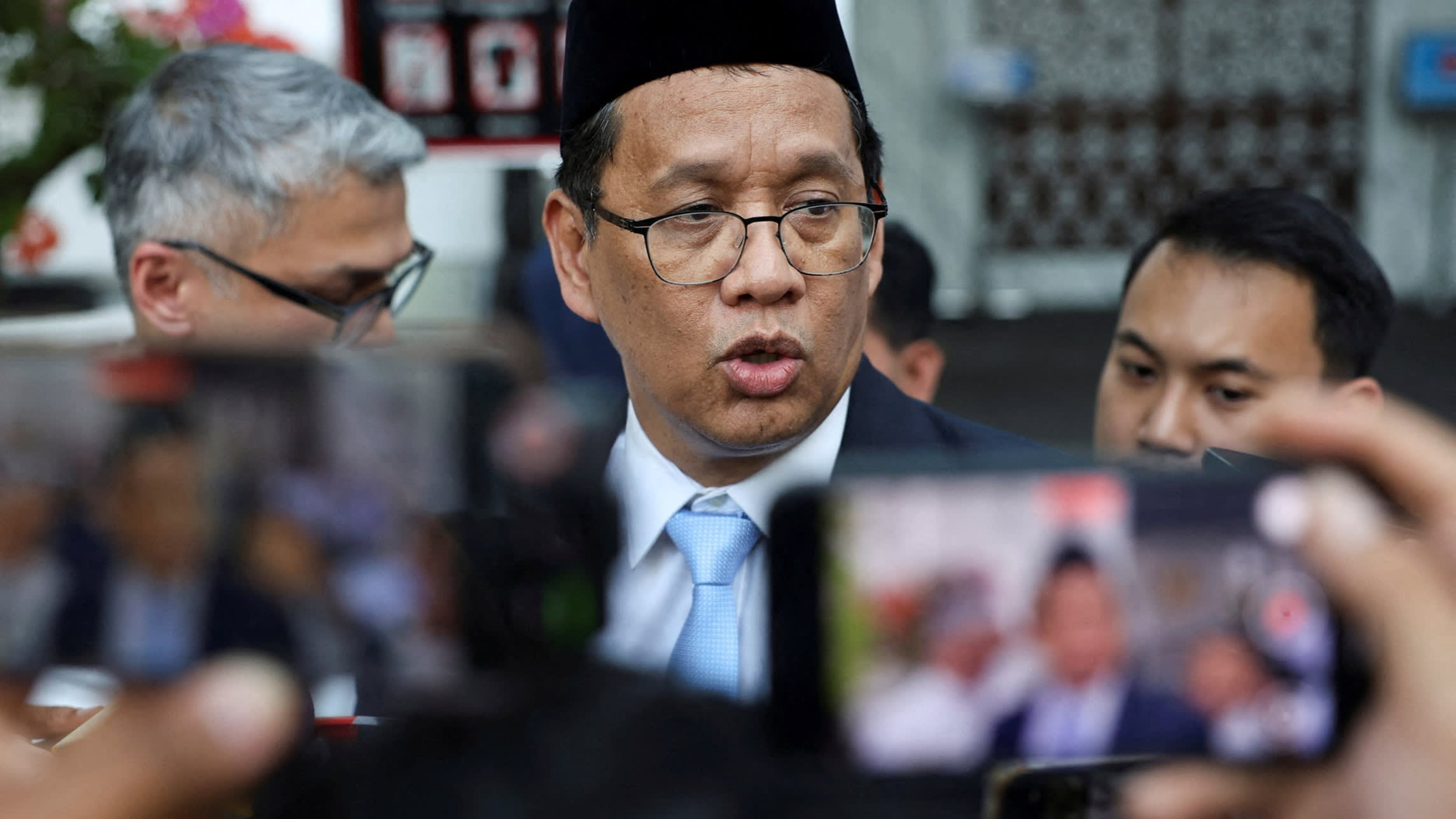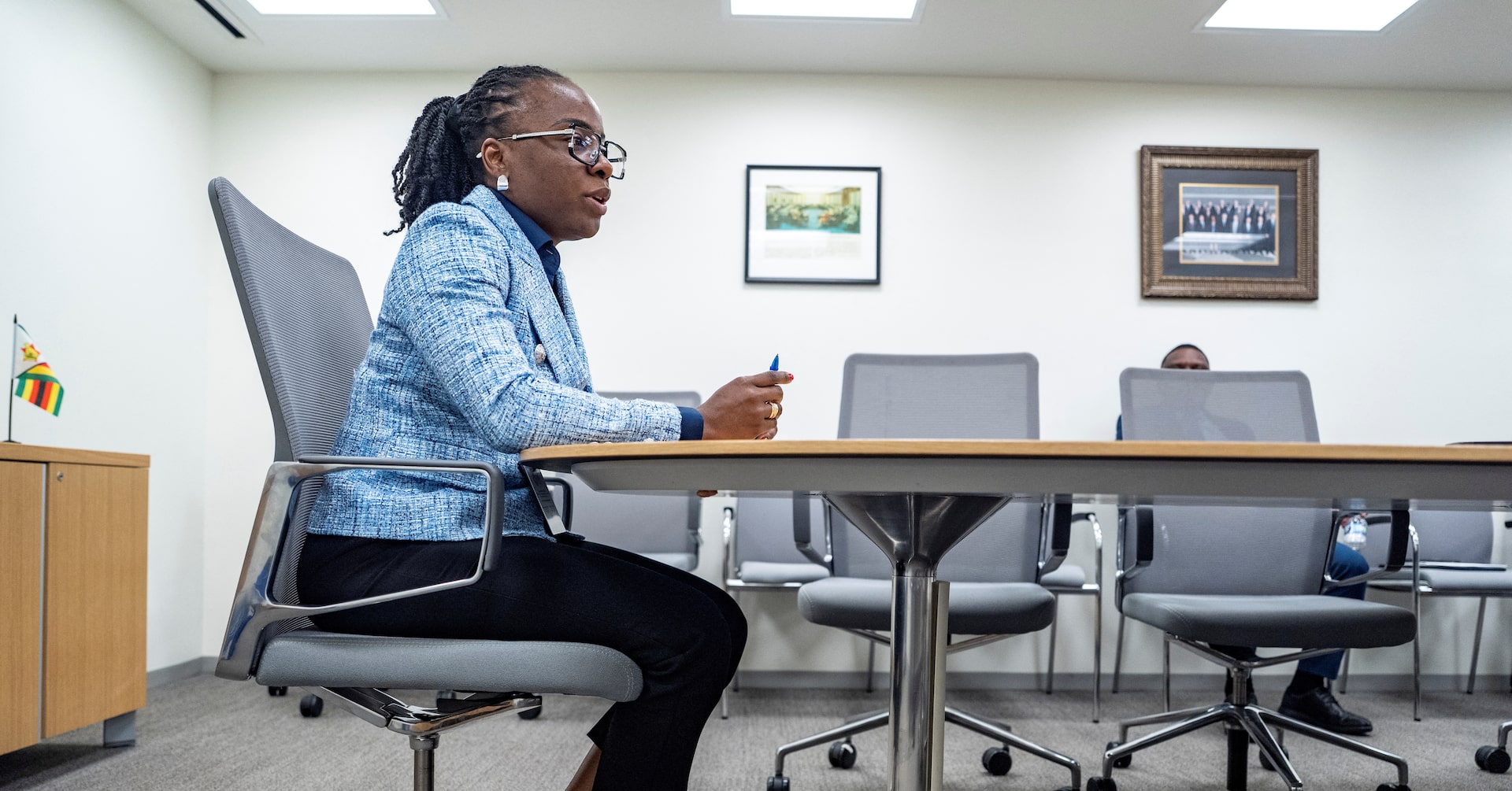Economic Rescue Mission: Indonesia's Finance Chief Confronts Fiscal Crossroads

In a bold and potentially risky move, President Prabowo Subianto has made a high-stakes appointment that could define the early trajectory of his administration. The selection of Purbaya Yudhi Sadewa represents a significant gamble that underscores the president's willingness to take calculated risks in his first year of leadership.








